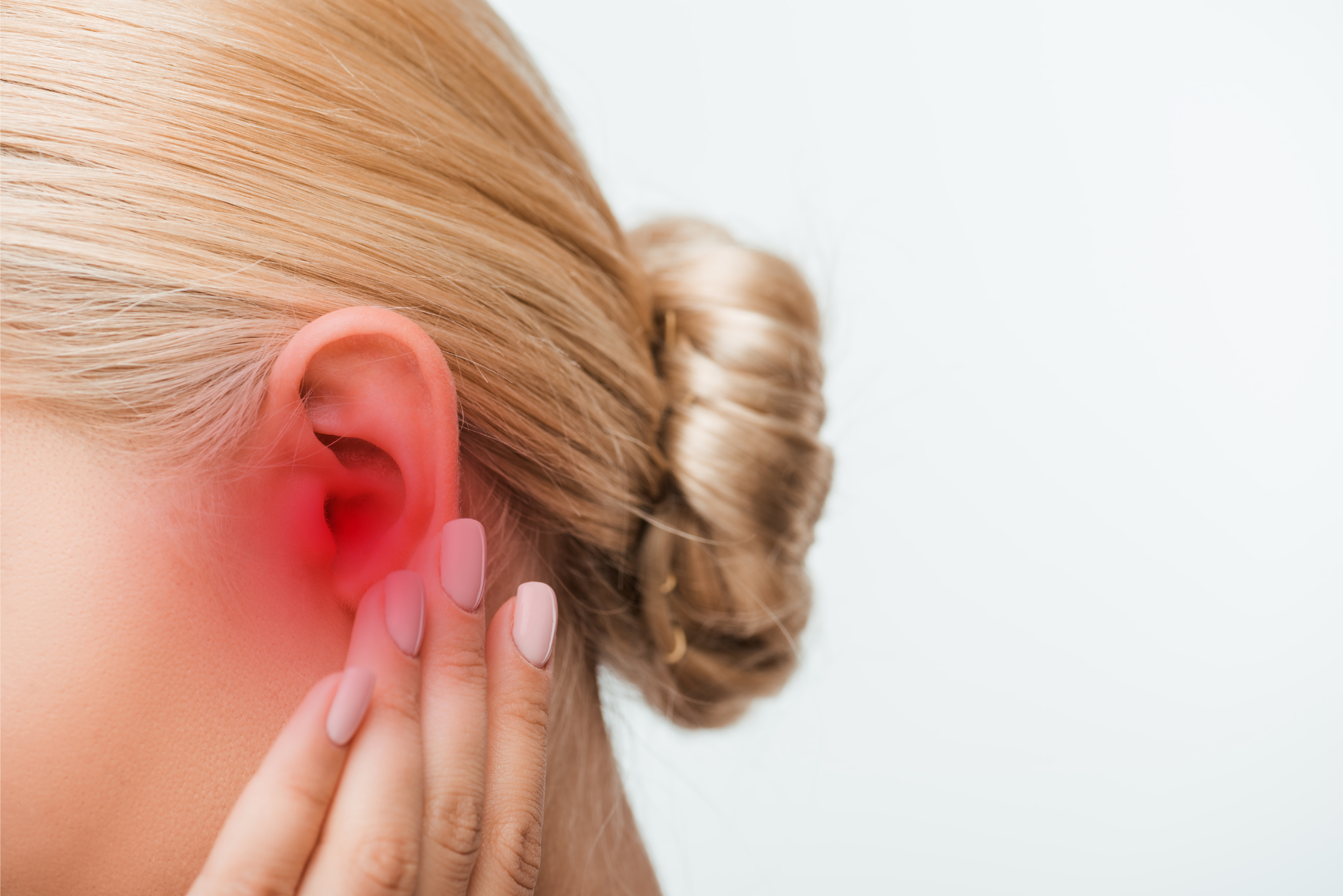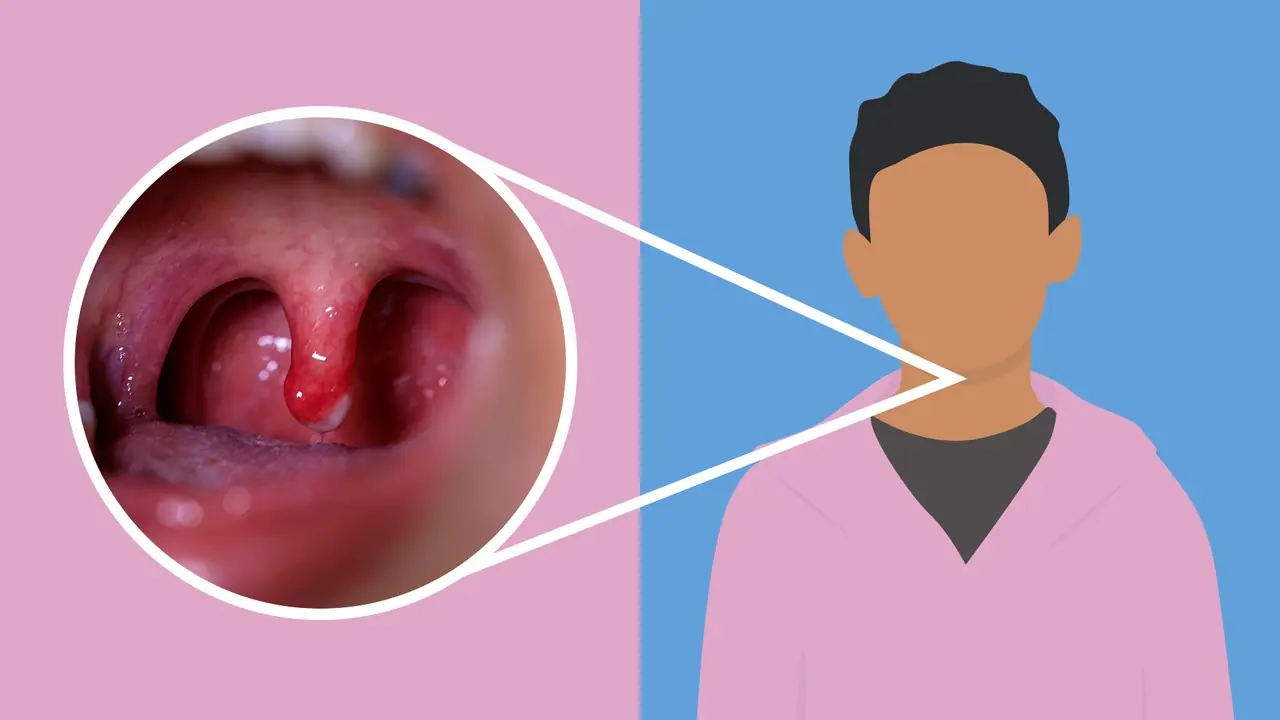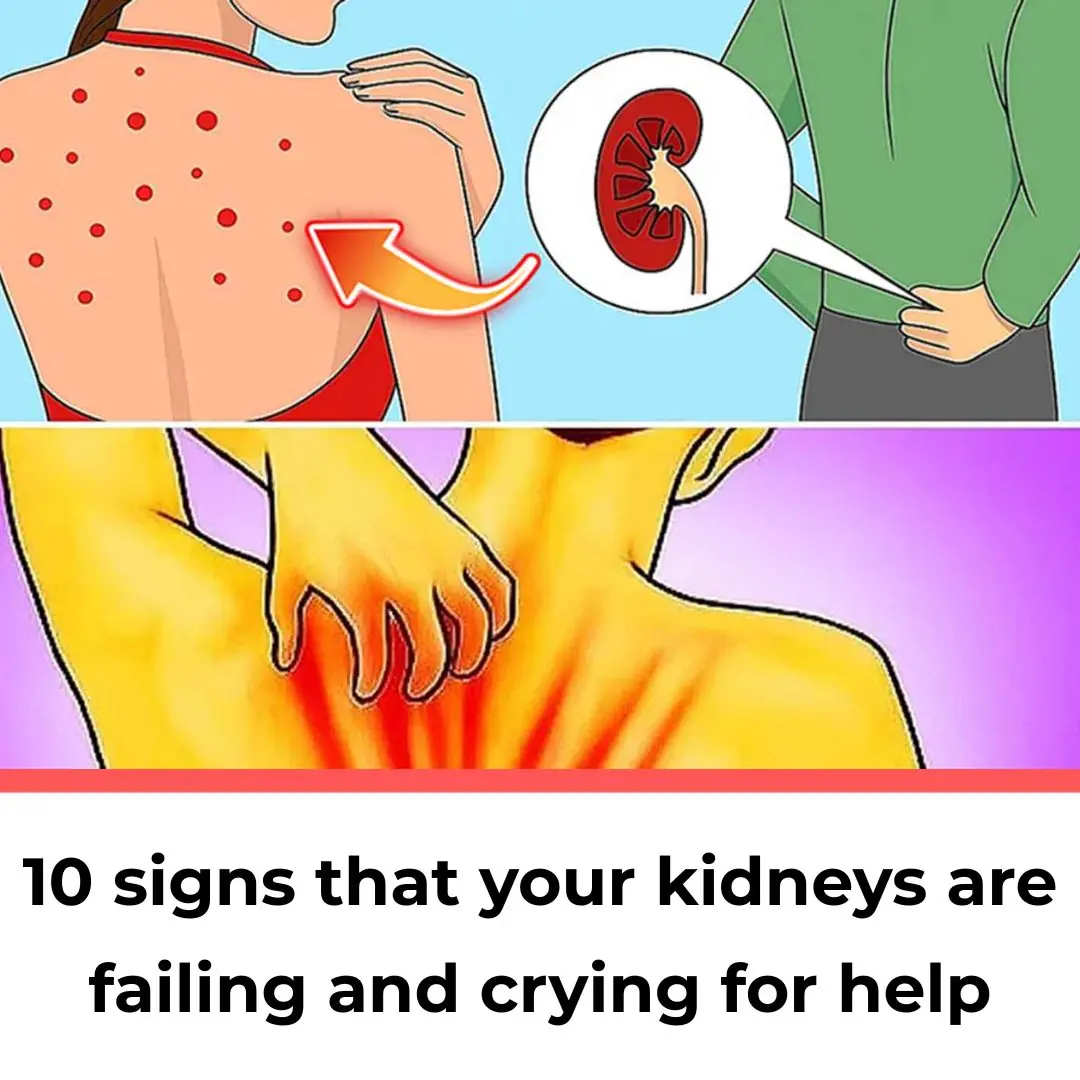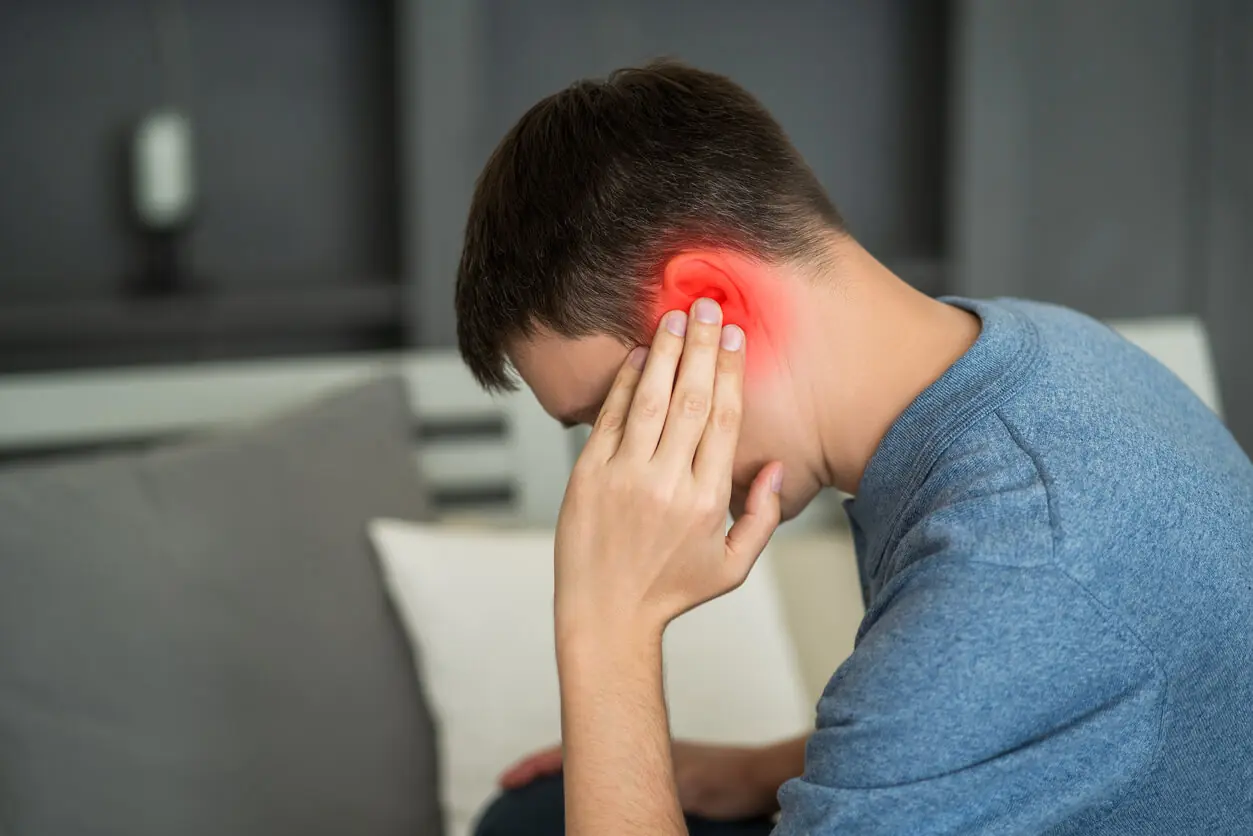
EAR PAIN EXPLAINED Causes, Relief & When to See a Doctor
Ear pain, also known as otalgia, is a common issue that affects people of all ages. It can range from a mild discomfort to intense, sharp pain that can significantly disrupt daily activities. Understanding the causes of ear pain, potential relief methods, and knowing when to seek medical attention is crucial for managing this condition effectively.
Causes of Ear Pain
There are several potential causes of ear pain, ranging from simple, non-serious issues to more complex medical conditions. One of the most common causes is an ear infection, which can affect the outer, middle, or inner ear. An outer ear infection, also known as swimmer's ear, is typically caused by bacteria or fungi that enter the ear canal, often due to exposure to water or moisture. Middle ear infections, or otitis media, occur when fluid builds up behind the eardrum, often due to a cold or sinus infection. These infections can cause pain, a feeling of fullness in the ear, and sometimes a temporary decrease in hearing.
Another cause of ear pain is earwax buildup. While earwax is a natural substance that helps protect the ear canal, too much can accumulate and create a blockage. This can lead to discomfort, a feeling of fullness, and even temporary hearing loss. In some cases, the earwax may push against the eardrum, causing pain.
Changes in pressure, such as those experienced during air travel or while diving, can also lead to ear pain. This condition, known as barotrauma, occurs when the pressure inside the ear is different from the pressure outside, causing discomfort or even damage to the eardrum. This is more common during altitude changes, such as in an airplane or while scuba diving.
Relief for Ear Pain
In many cases, ear pain can be managed at home with simple remedies. For mild ear pain caused by earwax buildup, over-the-counter ear drops can help soften the wax and make it easier to remove. If you have an outer ear infection, keeping the ear dry and using over-the-counter pain relievers, such as ibuprofen or acetaminophen, can help reduce discomfort. A warm compress applied to the affected ear may also provide relief.
For ear pain caused by a cold or sinus infection, treating the underlying condition can help alleviate the ear pain. Nasal decongestants and antihistamines can help clear up congestion in the sinuses and middle ear, reducing pressure and pain. Staying hydrated and using saline nasal sprays may also help keep the sinuses clear.
In cases of barotrauma, swallowing, yawning, or using special earplugs designed for air travel can help equalize the pressure in the ear and relieve discomfort. Chewing gum or sucking on hard candy can also help during flights.
When to See a Doctor
While many cases of ear pain can be treated at home, there are certain signs that warrant a visit to a doctor. If the ear pain is severe, persistent, or accompanied by other symptoms such as fever, drainage of fluid or pus, or hearing loss, it is important to seek medical attention. These could be signs of a serious ear infection or other conditions, such as a ruptured eardrum or a foreign object lodged in the ear.
If the pain is the result of a recent injury, such as a blow to the head or a sudden change in pressure, it is crucial to see a doctor to rule out any damage to the eardrum or other structures within the ear. In addition, children with ear pain should be evaluated by a healthcare provider, as they may be more susceptible to ear infections and complications.
Conclusion
Ear pain can be an uncomfortable and sometimes frightening experience, but it is often treatable with simple home remedies. Understanding the potential causes of ear pain, such as infections, earwax buildup, or pressure changes, can help individuals identify the issue and seek the appropriate treatment. If symptoms persist or worsen, it is important to consult a doctor for further evaluation and treatment. Taking steps to prevent ear infections, such as avoiding prolonged exposure to water or using ear protection during air travel, can also help reduce the risk of ear pain in the future.
News in the same category


Medicinal Health Benefits of Turmeric, Curcumin and Turmeric Tea Based on Science

The best way to lower blood pressure fast!

9 Habits You Need To Adopt Today To Stop Alzheimer’s or Dementia Before It Starts

Get Rid of Throat Mucus Faster With These Highly Effective Natural Remedies

10 Symptoms of Kidney Disease

Men Over 60: Chew This for 60 Seconds to Boost Energy & Confidence

How to Lose Weight with Cucumber! Simple & Quick Morning Recipe

5 Deficiencies Almost Everyone Has (But Doesn’t Know About)

Scientifically Proven Health Benefits of Papaya (Fruit) and Uses for the Seeds

Scientifically Proven Health Benefits of Extra Virgin Olive Oil

Sharp Pain in Ear: Causes, Treatments, and When to See a Doctor

15 Nighttime Signs of Diabetes You Shouldn’t Ignore

Side effect of stopping omeprazole as NHS issues warning over use

Proven Health Benefits of Banana and Banana Peel Based on Science

Worrying health reality of what it means if you leave skids in the toilet

Blood Clot in Leg: Signs and Symptoms You Shouldn’t Ignore (Pictures Included)

4 diabetes mistakes you MUST avoid + 3 Secrets to naturally regenerate your pancreas!

#1 best way to reverse & slow dementia
News Post

Aloe Vera and Cinnamon Remedy: Natural Benefits for Eye Health, Immunity, and Healing

12 Powerful Benefits of Moringa Seeds

Goldenberries (Physalis peruviana): A Nutrient-Packed Powerhouse for Health and Vision

Oregano: The Golden Herb for Eye Health

Some of the Benefits of Castor Leaves and the Seed

10 Benefits and uses of purslane

Chanca Piedra (Stonebreaker): Benefits and Uses

Do you need to unplug the rice cooker after the rice is cooked: The surprising answer November 27, 2024

7 Benefits Of Papaya Seeds & How To Consume Them Correctly

Bougainvillea likes to 'eat' this the most, bury it at the base once and the flowers will bloom all over the branches

The elders say: "If you put these 3 things on top of the refrigerator, no matter how much wealth you have, it will all be gone." What are these 3 things?

Can rice left in a rice cooker overnight be eaten? Many people are surprised to know the answer.

After boiling the chicken, do not take it out immediately onto a plate. Do one more thing to make sure the chicken is crispy, the meat is firm, and the skin does not fall apart when cut.

Cut this fruit into small pieces and put it in the pot to boil the duck: The bad smell is gone, the meat is fragrant, soft and flavorful.

Warts on Hands: Causes and Effective Natural Treatments

Medicinal Health Benefits of Turmeric, Curcumin and Turmeric Tea Based on Science

4 ways to preserve green onions for a whole month without spoiling, fresh as new

The best way to lower blood pressure fast!

9 Habits You Need To Adopt Today To Stop Alzheimer’s or Dementia Before It Starts
